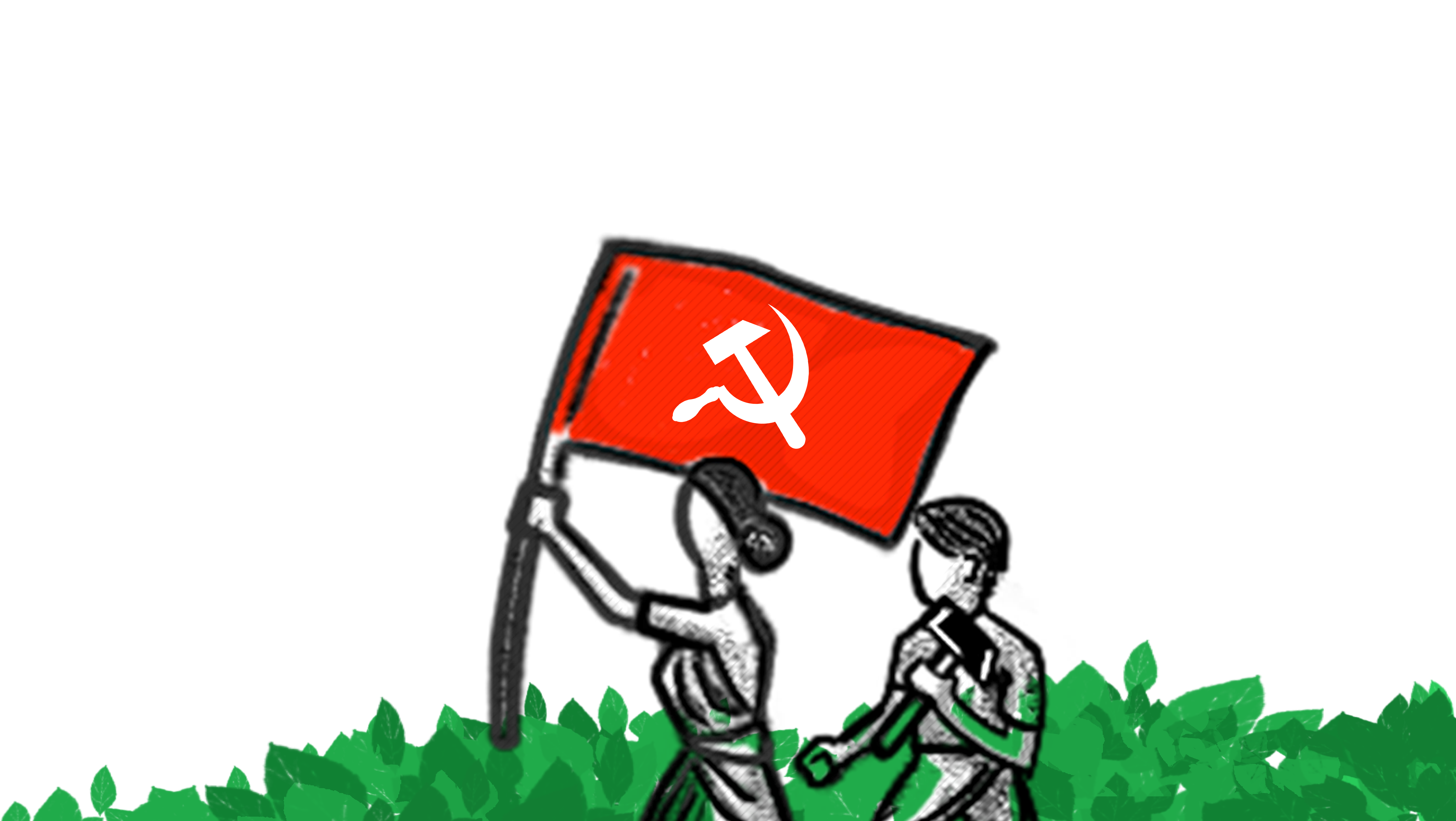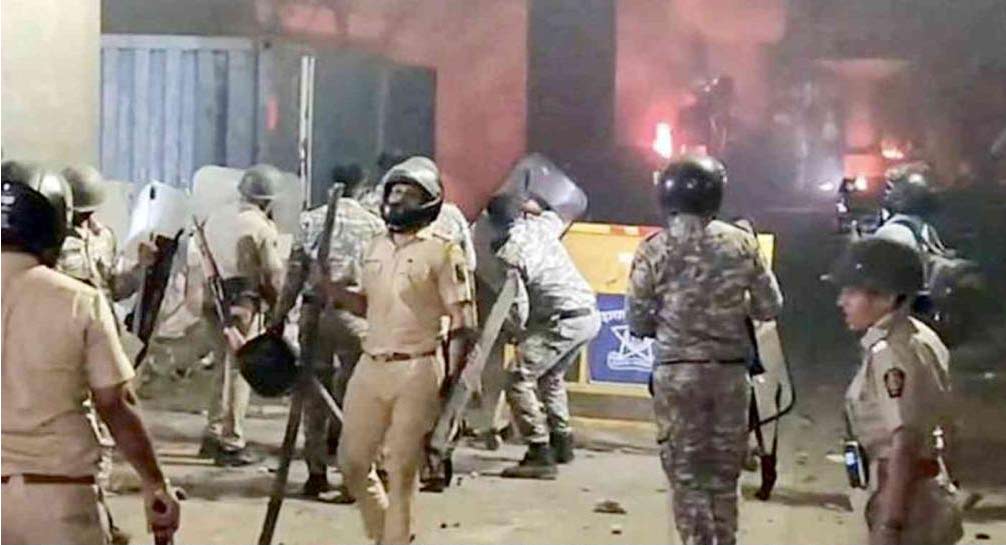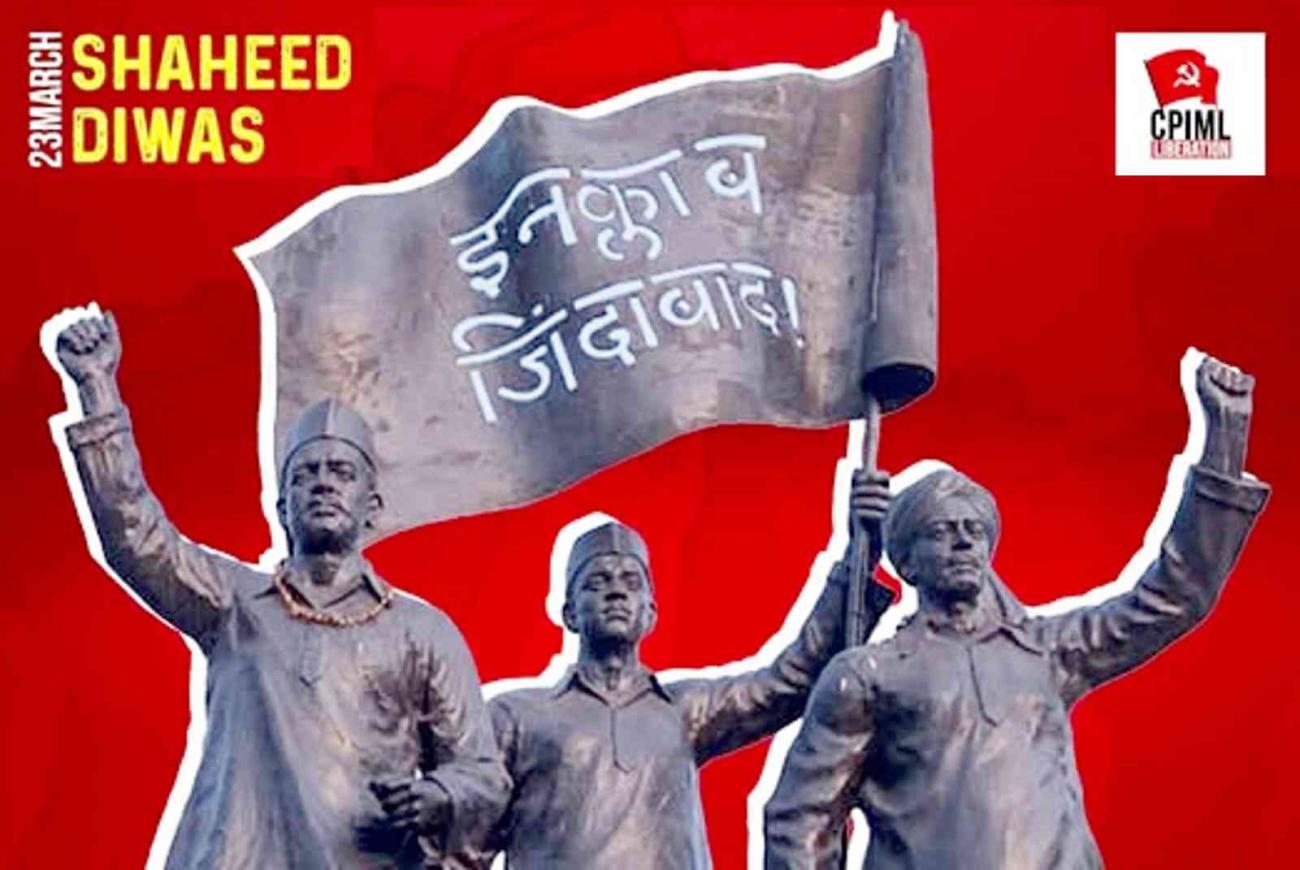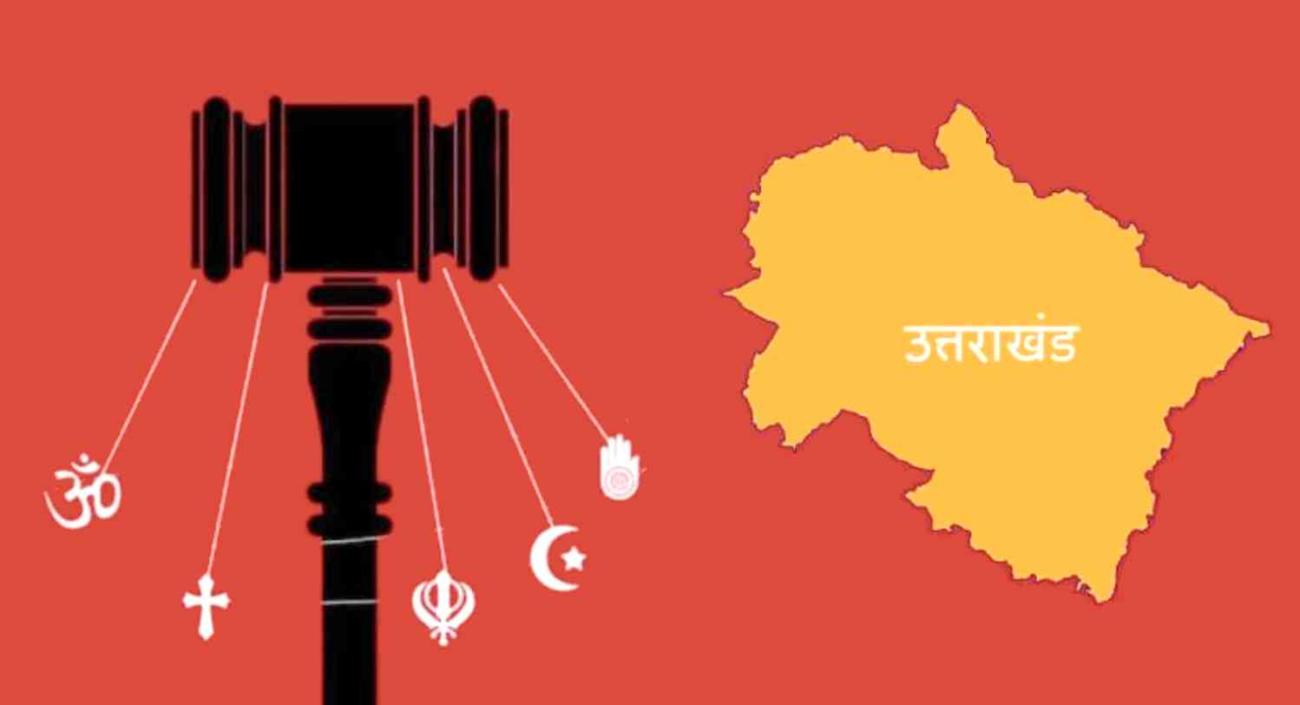For India, the comparison (and contrast) with China is almost inevitable. India feels justifiably proud of those who won three medals one gold in shooting, and two bronzes each in wrestling and boxing. But what comes through clearly is that those achievements have happened in spite of the entrenched apathy, neglect, and corruption of the Indian sporting establishment. In Abhinav Bindras case, the necessary infrastructure and training was provided by the private efforts of his industrialist father who provided for a state-of-the-art shooting range, and international coaching and training facilities. The story is much the same in the case of Indias few tennis pros only those who have the private means for proper training have been able to make it to international competition. However, the showing of boxers and wrestlers from humble rural backgrounds of Bhiwani (Haryana) and Najafgarh (Delhi) not just the medal-winners but also those who who exhibited potential for international sporting excellence is a reminder that India no doubt has a wealth of sporting talent that, in most cases, remains untapped when it is not backed by private means. What makes the achievement of these boxers and wrestlers all the more remarkable is their ability to overcome the odds of elementary and primitive training conditions.
In the past too, the performance of Indian athletes like Milkha Singh, P T Usha as well as hockey players like Dhyanchand and Dhanraj Pillai have been eloquent proof of the fact that ordinary Indians can have extraordinary sporting talent but in most cases, the Indian sporting establishment has displayed shocking lack of the most basic respect for these figures. The legendary Dhyanchand who gave us a first Olympic gold in hockey died in penury; P T Usha was not even invited to bear the Olympic torch passed over for film celebrities.
The Indian Olympic foray this year, for all the well-deserved medal shine, is also tarnished by the episode in which weightlifter Monika Chanu from Manipur was dropped from the team on charges of doping. Though later cleared of the charges following her vehement protests and allegations of foul play, it was too late to go to Beijing. The episode has understandably sparked off loud and angry protests in Manipur adding a fresh edge to the already deep feelings of alienation among Manipuri people.
Coming back to China, there are some matters of deep concern for observers. The reports that 300,000 people were evicted from their homes (many have reportedly struggled demanding proper rehabilitation but were arrested) to prepare Beijing for the Games are disturbing, as are the reports that migrant workers (who built the impressive stadium and other buildings for the Games) have been unceremoniously relocated from the city, and protestors arrested and tucked away out of sight. As Delhi gears up for the Commonwealth Games, the same fate and worse is in store for the slum dwellers and migrant workers of Indias capital city.
Self-righteous criticisms of the lack of authenticity of some aspects of the televised Opening Ceremony (the footprints in fireworks from Tianenmen Square to the Birds Nest stadium were not simulated but TV viewers, due to technical difficulties, could not see the real thing, and instead saw a pre-recorded version) smack of hypocrisy; such critics should ask themselves if they objected when the US free media helped the US Army stage a faked rescue by US Marines of a Private Jessica Lynch from evil Iraqi hands during the invasion of Iraq in 2003.
Another episode that was cause for concern was the one involving a nine-year-old girl who won international acclaim when she sang an Ode to the Motherland with great feeling at the Beijing Opening. It turned out that we were not hearing her voice at all the 7-year-old whose voice we heard did not appear because her image was deemed unsuitable to represent the nation she had uneven teeth! In this instance too, the moral outrage of the US media who treat the episode as proof of typically communist inhumanity are displaying obvious hypocrisy given that American girls grow up fending off the role model of Barbie and Hollywood and capitalist ad culture are the kings of the cult of feminine cuteness in girl children! However, it is significant that there has been a storm of outrage within China itself against the episode. Chinese people and well-wishers of socialism everywhere, who are aware of and appreciate Chinas strides in womens rights, and felt pleasure that the Beijing Opening seemed to give children rather than celebrities pride of place, are deeply disappointed to note that China too judges its children on the perfection of their teeth and decrees that Olympic medal hostesses must not have big bottoms and must conform to rigid, patriarchal notions of beauty much in the same way as air-hostesses in India lose their jobs for being overweight. It is unfortunate that the Peoples Republic of China could not rise above the sexist commercialised values that mark bourgeois culture.





